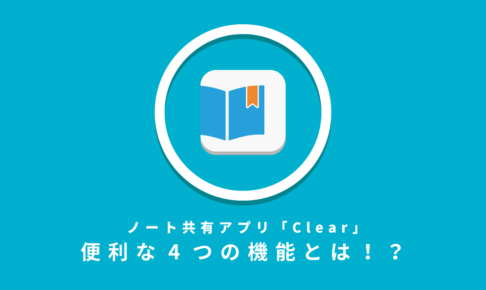英語
高校生
34〜41の答えを教えてください。
A long email from Japan arrived in the computer of Bill Perkins, who worked in an office in London. The message
was from a company in Tokyo that Bill's company had just sent a large order to. Bill read it once and then once
(注1) named Steve to read. Steve read it and also looked
again, looked puzzled, and then gave it to a colleague"
confused. The letter began by praising the English company. () It then mentioned that some goods had been
damaged during shipping (2) to Japan, and then the letter happily 34
(v) This kind of letter may work well in Japan, 35 it is not very successful as international
communication. The letter 36 the reader to read between the lines to understand the problem and to
sympathize with the company. (5) Of course, it also wanted Bill and Steve's company to rectify the trouble. But
the letter did not spell out
(4) that message very
37 . So Bill and Steve were thinking of just ignoring it. But
then they received more correspondence from the Japanese company, this time with a specific request for action. It
was an hour later when a second letter arrived that contained 38 for the first confusing letter. It also stated the
intent of the Japanese company concerning the damaged goods. They wanted the replacement items shipped as soon
(25) would foot
as possible with no charges. Bill and Steve were happy once again because their insurance company
the bill 16), and the goods would arrive in about ten days.
(2) The Japanese company didn't follow the standard international business pattern in its communication. But
the English company was 39 , too, because they hadn't realized that there was a deeper meaning to the letter.
Bill and Steve had only looked at the communication's surface. It seems to me that both sides could benefit from a
seminar on international understanding.
(1) colleague:
(2) shipping: (**) *
(注3) rectify: 対応する
(注4) spell out : 詳しく述べる
(5) insurance company
(注6) foot the bill: 費用を払う
t
(Terry O'Brien et al. Simply Reading, Simply Writing NAN'UN-DO)
6
問1
2
問3
問4
問5
問6
-5-
34 に入れるのに最も適当なものを、 下の①~④のうちから一つ選べ。 解答番号は 34
(2) closed
3 written
4 signed
1 began
35 に入れるのに最も適当なものを、 下の①~④のうちから一つ選べ。
1 but
② so
3 if
解答番号は
④ whether
37 に入れるのに最も適当なものを、下の①~④のうちから一つ選べ。
① shortly
vaguely
③ clearly
36 に入れるのに最も適当なものを、 下の①~④のうちから一つ選べ。 解答番号は 36
(1) decided
② pretended
③ promised
4 expected
解答番号は
③ (う)
4 suddenly
38 に入れるのに最も適当なものを、 下の①~④のうちから一つ選べ。 解答番号は
a request
② appreciation
③ an apology
4 rejoicing
35
37
39 に入れるのに最も適当なものを、下の①~④のうちから一つ選べ。 解答番号は 39
1 at fault
② at a loss
3 at best
④ at first
④(え)
38
問7 Who is to blame for this mix-up? を入れる場所として最も適当なものを、下の①~④のうちから一つ
選べ。 解答番号は 40
① (あ)
② (い)
問8 英文の内容に照らして最も適当なものを、下の①~④のうちから一つ選べ。 解答番号は 41
① Bill Perkins の会社は日本の会社に品物を発注した。
② Bill には理解できなかった文面を Steve は理解できた。
③ 日本の会社からの1回目の書面には弁済の方法は書かれていなかった。
④ 日本の会社からは合計4回の連絡があった。
第7
問1
2
回答
まだ回答がありません。
疑問は解決しましたか?
この質問を見ている人は
こちらの質問も見ています😉
おすすめノート
総合英語be まとめ(1)
14175
162
【英単】たった14語で14000語を理解できるようになる語
14035
18
【総合英語フォレスト】まとめ(4)分詞/比較
9623
155
最強の英単語覚え方!
7581
62





















